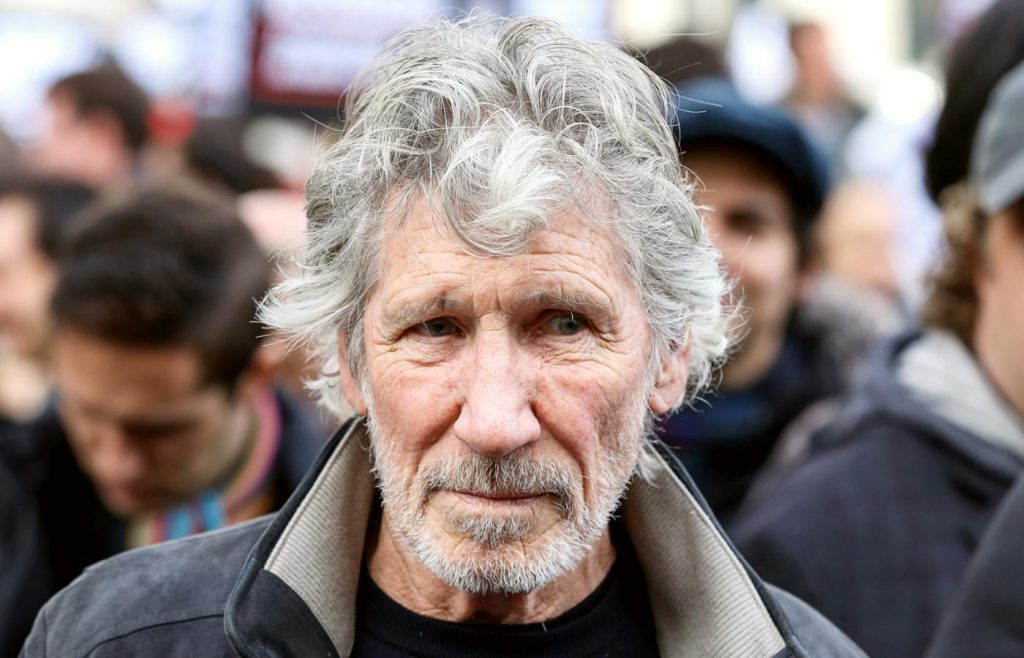From the inception of Pink Floyd, Roger Waters has been forging his distinct path in the realm of rock and roll. While Syd Barrett initially spearheaded the band’s creative direction, Waters sought to craft a narrative with his compositions, culminating in iconic albums like “The Wall,” where he delved into his personal history. Despite his contributions to music, Waters has often overlooked the talents of his contemporaries.
Throughout his tenure with Pink Floyd and in his solo career, Waters has pursued a unique musical vision, challenging traditional song structures in favor of more expansive and narrative-driven compositions. This quest for innovation set him apart, even as the glam rock era waned and new acts like Van Halen emerged, revolutionizing guitar play with Eddie Van Halen’s virtuosic tapping technique.
Despite the rising fame of Van Halen and Eddie’s celebrated guitar skills, Waters remained indifferent. In a conversation with Joe Rogan, Waters expressed his lack of interest in bands like AC/DC and musicians such as Eddie Van Halen, acknowledging Eddie’s talent but stating it did not captivate him.
Ironically, despite Waters’s earlier disinterest, he collaborated with Eddie Van Halen on the song “Lost Boys Calling” for the film “The Legend of 1900.” Waters worked alongside composer Ennio Morricone, and while he contributed to the song’s composition, the guitar solo was performed by Van Halen, showcasing a depth and soulfulness distinct from his high-energy rock solos.
While Waters might have been dismissive of Van Halen’s music, his former Pink Floyd bandmate David Gilmour expressed admiration for Eddie’s guitar techniques, lamenting his own inability to replicate them and considering whether he should dedicate more effort to mastering the guitar.
Both Roger Waters and Eddie Van Halen, despite their differing musical paths and perspectives, have cemented their legacies as monumental figures in the history of rock music, each contributing uniquely to its evolution.

